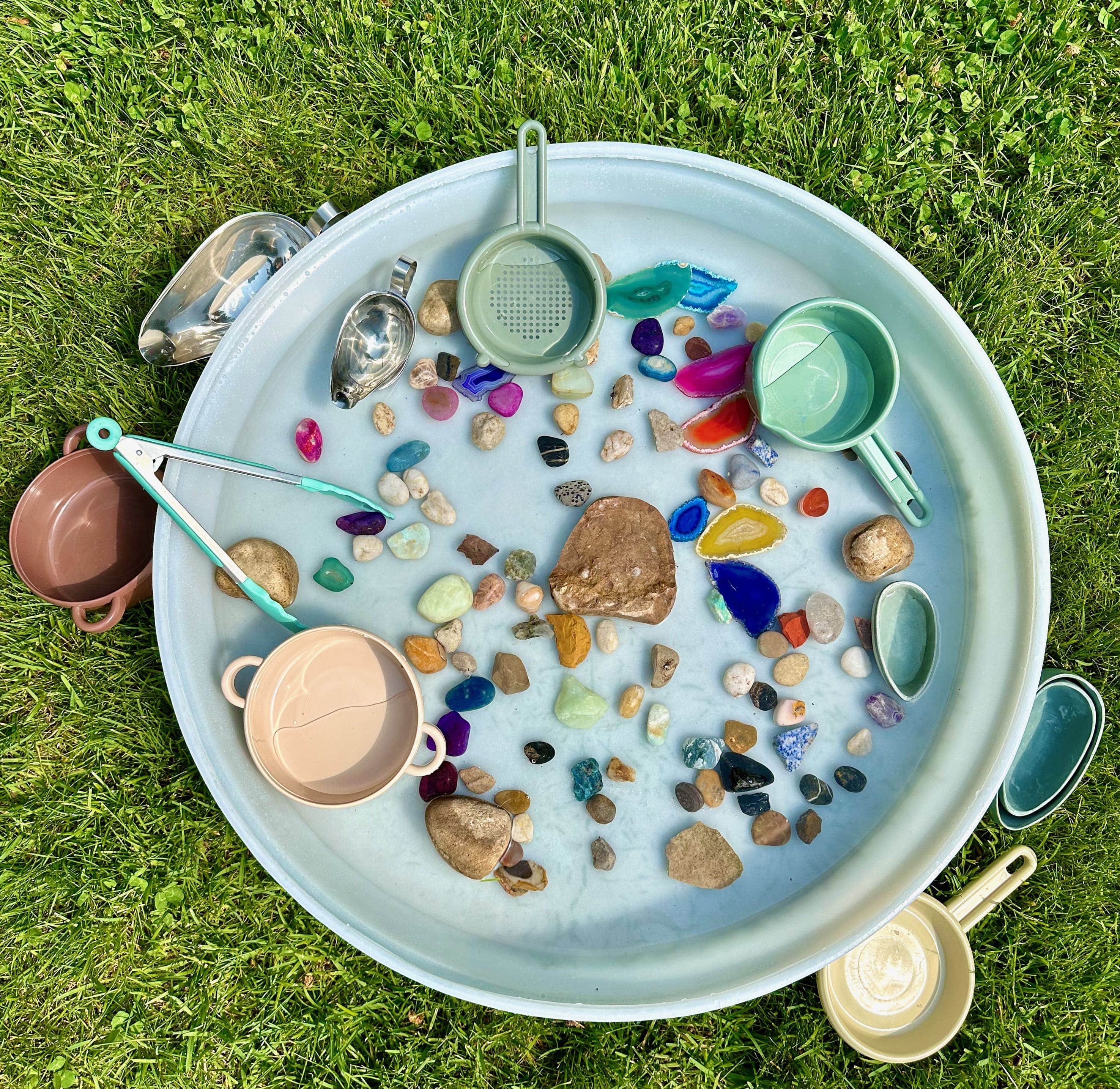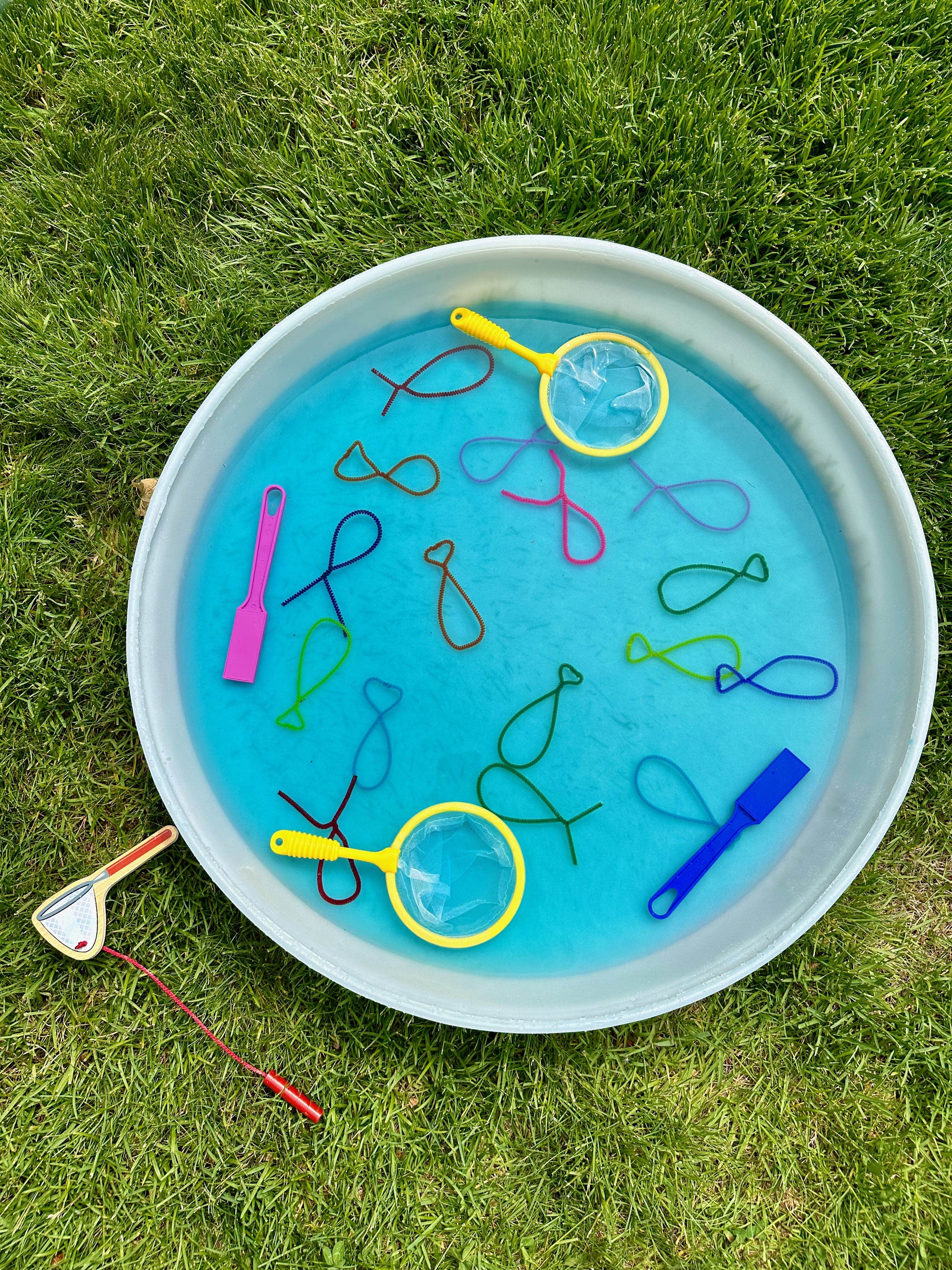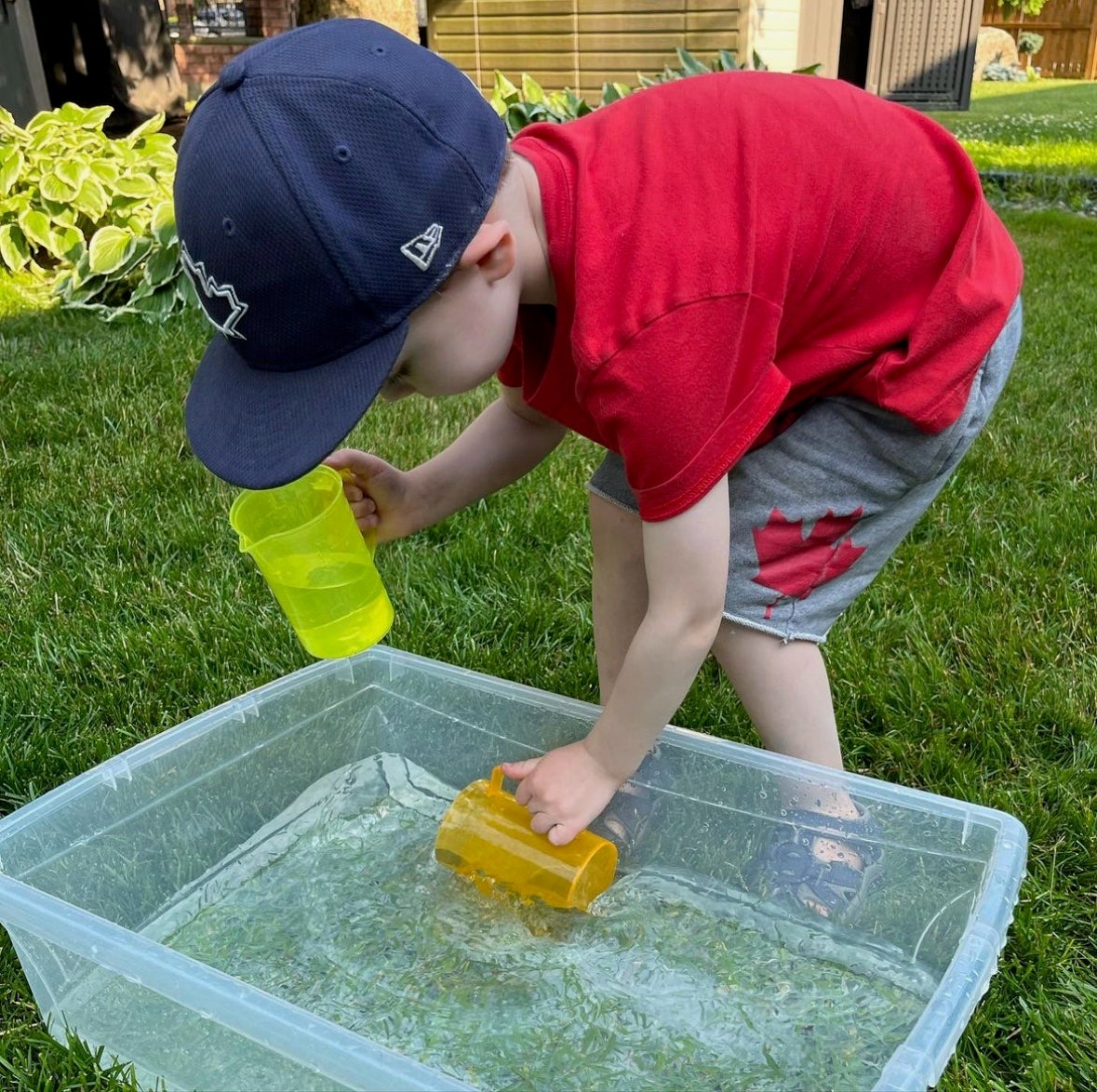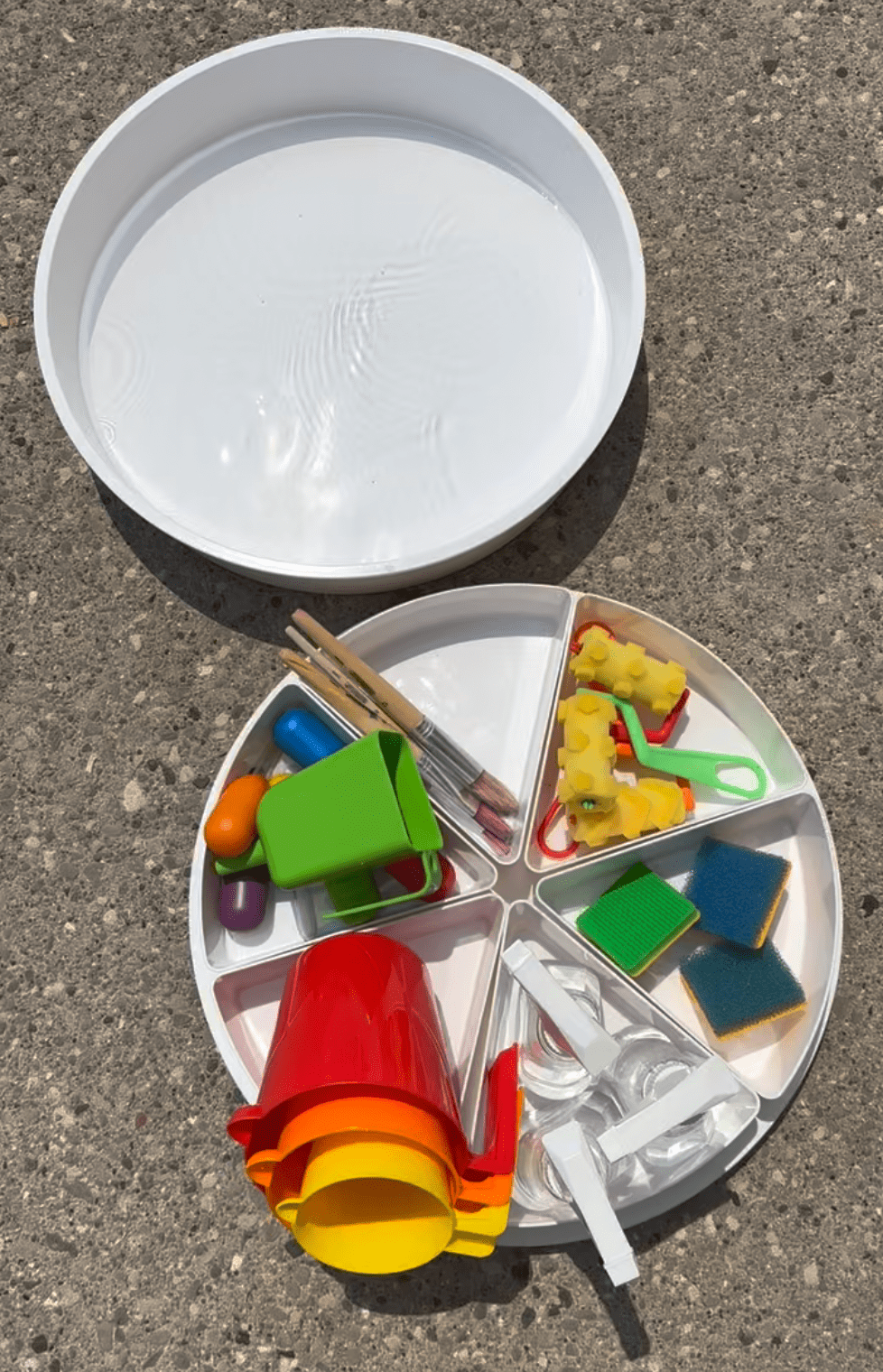

Splashing Into Learning: The Benefits of Water Play in Early Childhood Education
Water play is more than just a fun way to cool off on a hot day—it's a vital part of early childhood education that engages young minds and bodies in a variety of developmental activities. As an early childhood educator, incorporating water play into your curriculum can offer numerous advantages, supporting not only cognitive and physical development but also enhancing sensory experiences and social skills. In this blog, we will dive into the benefits of water play and explore how it can be effectively integrated into play-based learning environments.
Enhancing Sensory Development
Water play is a quintessential sensory activity. The feel of water, whether it's pouring, splashing, or scooping, provides children with essential tactile experiences. These activities help children understand and differentiate between textures and temperatures, enhancing their sensory awareness. Sensory play with water also stimulates curiosity as children experiment with its fluid dynamics, such as observing how water flows or how it changes form when frozen or heated.




Promoting Cognitive Growth
Water play is naturally a scientific experiment. It introduces basic concepts of physics and mathematics in a direct, hands-on way. Children learn about volume and measurement when they fill and empty containers of different sizes. They explore concepts of cause and effect as they see how splashing harder makes more water fly into the air or how different objects either sink or float. This type of exploratory learning enhances problem-solving skills and cognitive development by encouraging children to hypothesize, experiment, and observe.
Fostering Physical Development
The physical benefits of water play are often as clear as the water itself. Fine motor skills are developed through actions like pouring, squirting, stirring, and squeezing. These activities help improve hand-eye coordination and dexterity. Gross motor skills also come into play when children engage in more vigorous water activities like running through a sprinkler or participating in a water-carrying relay race. Such activities promote overall health and development, including balance and strength.




Building Social Skills and Emotional Well-Being
Water play can be a highly social activity. It provides opportunities for children to work together, share equipment, negotiate roles, and solve problems. This kind of interactive play is crucial for developing social skills. Additionally, water play offers therapeutic benefits; it can be both exhilarating and calming, helping to regulate children's emotions. The soothing properties of water make it an excellent medium for children who need a break from more high-energy activities.
Encouraging Creative Play
The open-ended nature of water play allows children to use their imaginations to the fullest. Whether they are pretending to run a car wash, staging a miniature sea battle with floating toys, or simply experimenting with bubbles, water invites creativity. Such play not only entertains but also enhances storytelling and role-playing skills, fostering creativity that can extend into other areas of learning and life.



